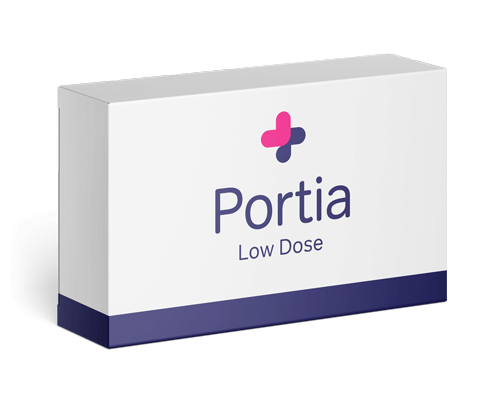Alternatives to Portia
Portia is a low-estrogen form of hormonal contraceptive, and is therefore suited to women who are particularly sensitive to estrogens and suffer from estrogen-related side effects. However, there are many different types of hormonal contraceptives, and women often try a few different ones before finding one that is a good fit for them. The progestogen-only pill, also known as the mini pill, is also a good option for women who are sensitive to estrogen or who take other medications which may interact with the combined pill. The progestogen-only pill is continuous, meaning it does not allow a break for a monthly bleed, and in some cases can also be used by women who are breastfeeding.
You may wish to try a form of hormonal contraception that does not require you to remember daily administration and is not taken orally. These include the implant (Implanon, Nexplanon), the shot (Depo-Provera), and the intrauterine device (IUD, Mirena, ParaGard, Skyla, Liletta, Kyleena). In particular, the IUD may be appropriate for women with other health conditions, such as diabetes or hypertension, as it works locally to the reproductive system. Speak to your doctor or health worker for information and advice about these types of contraception.
Alternatively, some women choose to avoid hormonal contraceptives altogether and rely on barrier methods of contraception. These include the cervical cap (FemCap) and Male and Female Condoms. Male condoms are the only form of contraception to offer protection from STIs.

















Quick and discreet
I ordered Azithromycin tablets for chlamydia treatment, received it next day in a brown discreet pack, and cheaper than all other pharmacies, can't ask for more
Jordan McCann